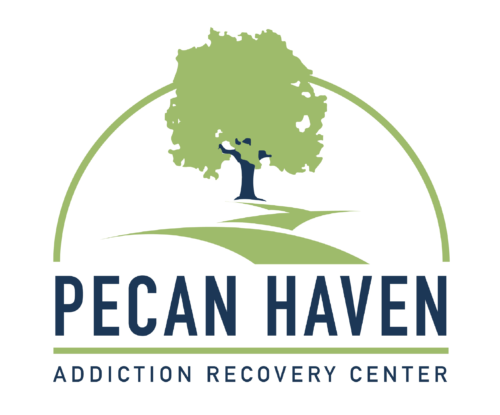Drug abuse is a significant risk factor for a wide range of serious medical conditions. Whether it’s the short-term damage caused by a single episode of drug use or the long-term effects of chronic abuse, the consequences on the body can be profound and, in some cases, irreversible. Understanding these medical conditions is crucial for anyone considering the dangers of drug abuse or seeking to support a loved one through recovery.
Common Medical Conditions Linked to Drug Abuse
1. Cardiovascular Issues
- Heart Attack: Drugs like cocaine and methamphetamine can cause increased heart rate and blood pressure, leading to heart attacks even in young, healthy individuals.
- Cardiomyopathy: Chronic drug use can weaken the heart muscle, leading to cardiomyopathy, a condition where the heart is unable to pump blood effectively.
2. Respiratory Problems
- Lung Damage: Smoking drugs like crack cocaine or methamphetamine can cause severe damage to the lungs, leading to chronic respiratory issues like chronic bronchitis and, in extreme cases, collapsed lungs.
- Respiratory Failure: Opioids are particularly dangerous as they can slow or even stop breathing, resulting in respiratory failure and potentially death if not treated promptly.
3. Neurological Disorders
- Stroke: Stimulants like cocaine can cause blood vessels in the brain to narrow, leading to a higher risk of stroke, which can result in permanent brain damage.
- Seizures: Many drugs lower the threshold for seizures, making users more susceptible to sudden, life-threatening episodes of convulsions.
4. Liver Damage
- Hepatitis: Sharing needles during drug use increases the risk of contracting hepatitis B or C, both of which can cause severe liver damage over time.
- Cirrhosis: Chronic alcohol and drug abuse can lead to cirrhosis, a condition where the liver tissue is replaced with scar tissue, impairing its function.
5. Mental Health Disorders
- Depression and Anxiety: Drug abuse often exacerbates mental health conditions, with users experiencing severe depression, anxiety, or paranoia.
- Psychosis: Some drugs, particularly stimulants and hallucinogens, can induce psychosis, leading to delusions, hallucinations, and erratic behavior.
The Long-Term Impact of Drug Abuse
While some medical conditions caused by drug abuse may be reversible with treatment and cessation of drug use, others can have long-lasting or even permanent effects on an individual’s health. The cumulative damage from chronic drug abuse can reduce life expectancy, increase the risk of disability, and significantly lower quality of life.
Seeking Help for Drug-Related Health Issues
Early intervention is key to preventing and managing the medical conditions caused by drug abuse. If you or someone you know is struggling with drug addiction, it’s important to seek professional help as soon as possible. Effective treatment programs not only address the addiction but also help manage and mitigate the associated health risks.
Contact Us Today
At Pecan Haven Addiction Recovery Center in Monroe, Louisiana, we understand the complex relationship between drug abuse and medical conditions. Our comprehensive treatment programs, including residential treatment, intensive outpatient programs, and residual detox, are designed to address both the addiction and its health consequences. If you or a loved one needs help, don’t hesitate to contact us at (318) 600-3333. Our dedicated team is here to support you every step of the way toward recovery.

